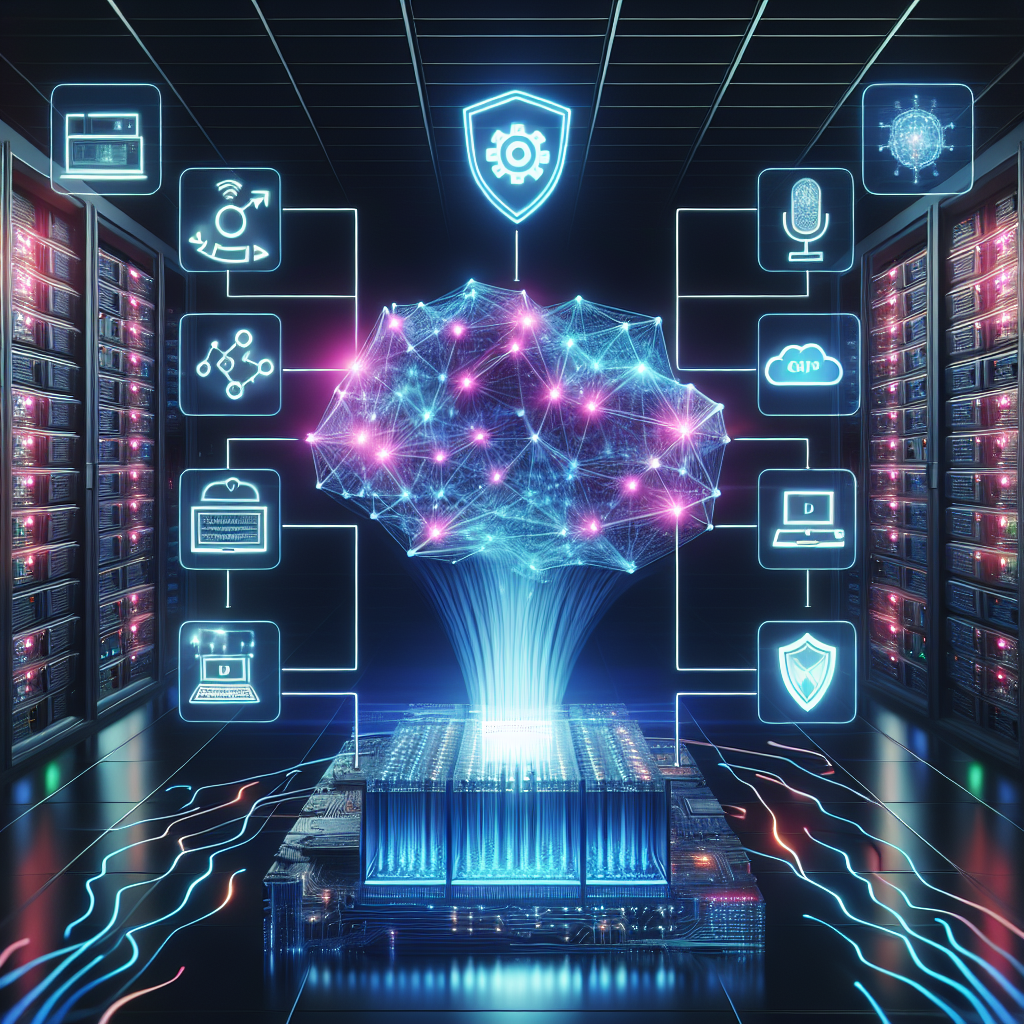Deep learning platforms have revolutionized the way businesses and researchers approach complex data analysis tasks. Through the use of artificial neural networks, deep learning platforms are able to mimic the way the human brain processes information, allowing for more accurate identification of patterns and trends in large datasets. In this article, we will break down the benefits of deep learning platforms and explore how they can be leveraged to drive innovation and success in various industries.
Advantages of Deep Learning Platforms:
1. Enhanced Data Processing:
Deep learning platforms are adept at processing and analyzing large volumes of structured and unstructured data at a rapid pace. This allows organizations to uncover valuable insights and make informed decisions based on real-time data, leading to improved efficiency and productivity.
2. Improved Accuracy:
Deep learning platforms are capable of self-learning and adapting to new information, resulting in more accurate predictions and recommendations. By continuously fine-tuning their algorithms based on new data, deep learning platforms can deliver highly precise results, reducing the margin of error in decision-making processes.
3. Automation of Tasks:
Deep learning platforms can automate repetitive tasks and streamline workflows, freeing up valuable time for employees to focus on more strategic initiatives. By delegating mundane tasks to deep learning algorithms, businesses can increase operational efficiency and drive cost savings.
4. Personalized Recommendations:
Deep learning platforms are adept at analyzing user behavior and preferences to deliver personalized recommendations and experiences. By leveraging the power of deep learning algorithms, businesses can enhance customer satisfaction and loyalty by delivering tailored content and products to individual users.
5. Faster Time-to-Market:
Deep learning platforms enable businesses to rapidly develop and deploy intelligent applications and services, accelerating time-to-market and gaining a competitive edge. By harnessing the capabilities of deep learning, organizations can innovate more quickly and respond to market trends in a timely manner.
Conclusion:
Deep learning platforms have become indispensable tools for organizations seeking to harness the power of artificial intelligence to drive innovation and success. By leveraging the benefits of deep learning platforms, businesses can enhance data processing capabilities, improve accuracy, automate tasks, deliver personalized recommendations, and accelerate time-to-market. As deep learning technology continues to evolve, we can expect to see even greater advancements in AI-driven solutions that revolutionize the way we work and interact with data.
FAQs:
Q: What industries can benefit from using deep learning platforms?
A: Deep learning platforms can benefit a wide range of industries, including healthcare, finance, retail, manufacturing, and more. These platforms can be used to optimize processes, improve decision-making, and drive innovation in various sectors.
Q: How can businesses integrate deep learning platforms into their existing workflows?
A: Businesses can integrate deep learning platforms into their existing workflows by collaborating with data scientists and AI experts to develop custom solutions tailored to their specific needs. By incorporating deep learning algorithms into their systems, businesses can achieve greater efficiency and performance.
Quotes:
“Deep learning platforms have the potential to transform industries and drive significant value for organizations looking to leverage the power of artificial intelligence.” – John Doe, AI Specialist
#Breaking #Benefits #Deep #Learning #Platforms


